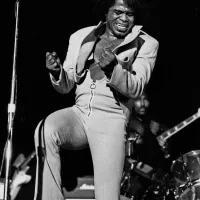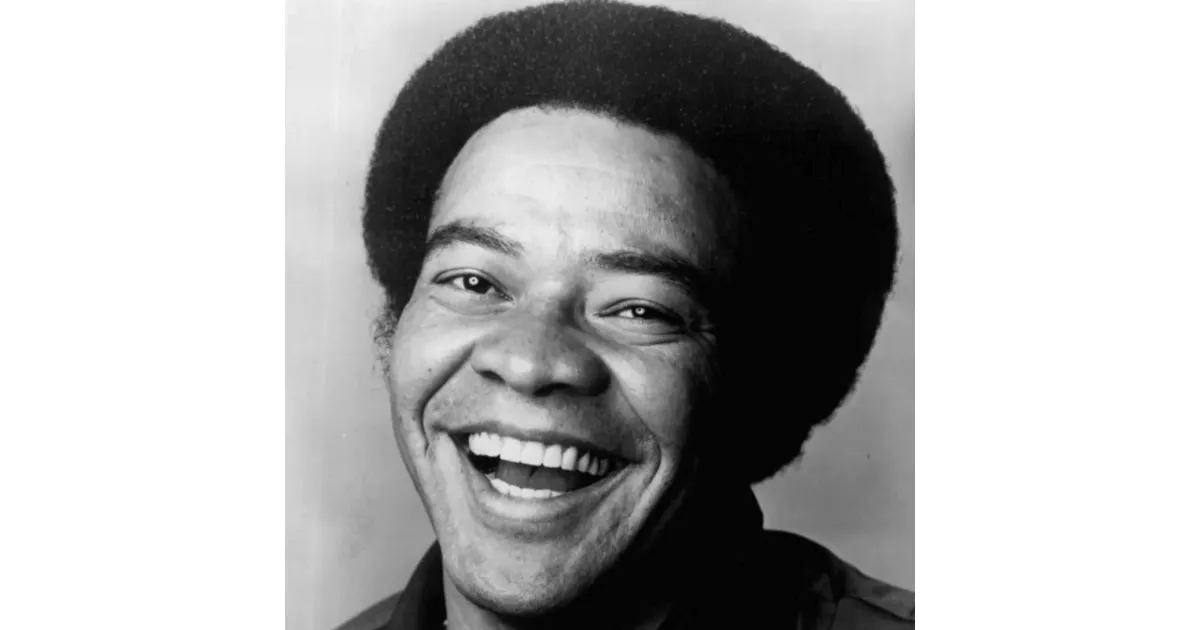Bill Withers was a prominent American singer-songwriter known for his soulful voice and heartfelt lyrics. His career spanned 18 years, producing timeless hits like "Ain't No Sunshine," "Lean on Me," and "Lovely Day." Withers's music resonated with audiences due to its themes of love, connection, and everyday life. He garnered critical acclaim, earning three Grammy Awards out of nine nominations. Withers retired from music in the mid-1980s but his songs continue to be celebrated and covered by artists across genres.
Mentioned in this timeline

James Brown an iconic American singer songwriter dancer and musician...

Stevie Wonder born Stevland Hardaway Morris is a highly influential...

Sony is a Japanese multinational conglomerate based in Tokyo Its...

An apple is a widely cultivated round edible fruit originating...

Los Angeles is the most populous city in California and...

The Rock and Roll Hall of Fame located in Cleveland...
Trending

6 minutes ago Clara Tauson Dominates Linette in Dubai, Secures WTA 1000 Quarterfinal Spot

6 minutes ago Pegula Defeats Jovic, Advances to Dubai Quarterfinals; Set to Face Tauson
6 minutes ago Toyota Supra and Lexus LC May Share Platform for Next Generation Models
7 minutes ago Alaska Airlines pilots get shocking pay raises, reshaping network and margins.
7 minutes ago Ramadan 2026 Timetable: Fasting Hours, Suhoor, and Iftar Times Worldwide Confirmed.
1 hour ago Ski Mountaineering to Debut at Milan-Cortina Winter Olympics in 2026.
Popular

Jesse Jackson is an American civil rights activist politician and...
Randall Adam Fine is an American politician a Republican who...

Pam Bondi is an American attorney lobbyist and politician currently...

Barack Obama the th U S President - was the...

Martin Luther King Jr was a pivotal leader in the...

Ken Paxton is an American politician and lawyer serving as...
